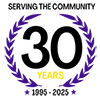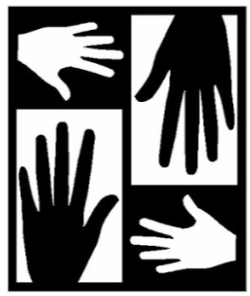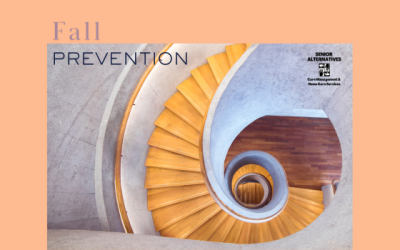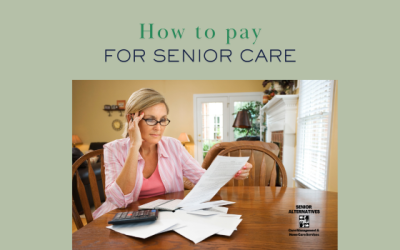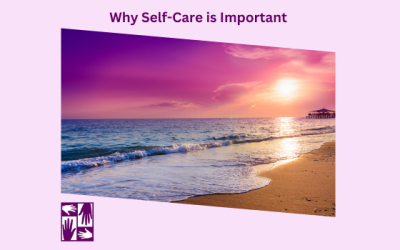December 28, 2012

It’s not easy to watch your parents age. And it’s often hard to tell if their new or changing behaviors are natural symptoms of aging, or if they could be warning signs of a greater problem. Dementia, in particular, is hard to diagnose because many of the early symptoms of the disease are often attributed to the aging process.
In order to tell if your parents’ new behavior could be signs of dementia, it’s important to know what to look for. There are a few basic symptoms that will help you determine if you need to seek professional advice.
- Cognitive changes, including forgetfulness and not knowing common facts or current events, could be signs of developing dementia.
- Disorientation, difficulty finding words and a decline in verbal communication should be paid close attention to once your parents reach an elderly age.
- Personality changes and rapid mood swings may also be signs of dementia.
One way to help a parent who is displaying these symptoms is to keep a notebook or journal documenting events that could be categorized under one of these warning signs. That way, if you decide that you need to bring this information to the attention of a doctor or a care management organization, you will have the correct information about your parent’s history with these symptoms.
It can be difficult to watch your parents lose their cognitive abilities, but it’s more important to make sure that they are being properly taken care of by someone who understands the intricacies of dementia. No matter how upsetting their behavior may seem, you should not shy away from taking action when it comes to your parent’s health. You won’t regret it.
It can be difficult to watch your parents lose their cognitive abilities, but it’s more important to make sure that they are being properly taken care of by someone who understands the intricacies of dementia.
Related Articles
September is Fall Prevention Awareness Month
As we get older, a simple trip or fall can have serious consequences, impacting our mobility and confidence. The good news is that most falls can be somewhat preventable, read on for more tips…
Funding Options for Older Adults
This guide will walk you through the many ways to pay for senior care and support, it will show how families and elders can supplement care and senior housing.
International Self-Care Day 7/24
The date, 7/24 symbolizes the idea that self-care should be practiced 24 hours a day, 7 days a week. It’s a gentle nudge to make self-care a daily priority, not just a once-a-year activity. Read more on ways to create a self-care plan.
